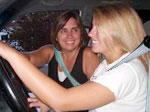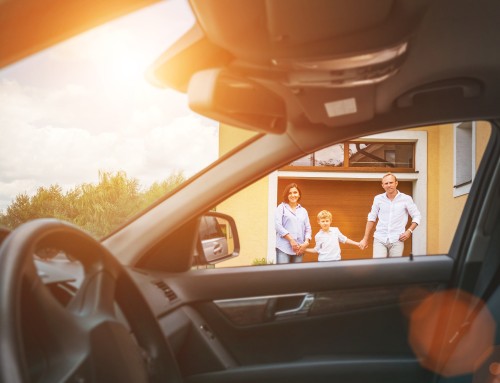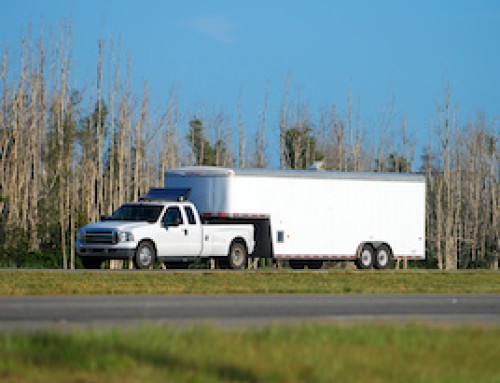 According to the National Highway Traffic Safety Administration (NHTSA) the time between Memorial Day and Labor Day is the deadliest for drivers 15-20 years of age. The Insurance Institute of Highway Safety (IIHS) informs us that the highest number of fatal car accidents (regardless of age) occur in July, with August and June being second and third respectively making summer known as the 100 deadliest days for teen drivers.
According to the National Highway Traffic Safety Administration (NHTSA) the time between Memorial Day and Labor Day is the deadliest for drivers 15-20 years of age. The Insurance Institute of Highway Safety (IIHS) informs us that the highest number of fatal car accidents (regardless of age) occur in July, with August and June being second and third respectively making summer known as the 100 deadliest days for teen drivers.
There are a number of factors that contribute to the summer months being the most dangerous. Some that we really can’t control are:
1) Roads are more congested due to vacation travelers
2) Vacation drivers are more dangerous due to being unfamiliar with the area and being distracted
2) More road construction occurs in the summer
3) More bicycles and motorcycles are on the road
4) More tire blowouts due to heat and improper maintenance
But one of the primary reasons summer is more dangerous for all of us is there are more teen drivers on the road. More teen drivers equate to more drivers with a lack of experience and judgment, who have proven themselves as a group to cause more accidents, as well as more costly accidents, than any other group of drivers.
That means parents need to be especially viligent in communicating and enforcing their expectations and rules related to their teen’s driving habits.
Here is a summary of the riskiest behavior and some recommendations; you must decide how to handle these issues with your teen.
Don’t let your teen drive when he is tired. Driving when drowsy is just as dangerous as driving when drunk. Driving at night is also more risky, so the NHTSA recommends a 10:00 pm curfew. The risk of a deadly accident doubles when there is at least one male passenger in the car. How many passengers ride with your teen? The NHTSA recommends no more than one passenger; you may think that’s one too many.
By now everyone knows the dangers of distractions, especially as they relate to cell phones. What behavior are you modeling for your teen and what consequences have you established for using a cell phone or texting while driving? There are devices you can install in your teen’s car that can disable his cell phone except for emergency calls to or from you.
Many fatalities and serious injuries could be avoided if drivers and passengers would only use their seat belts. Are you exhibiting the right behavior and does your teen understand the consequences of not using a seat belt?
Speeding is one of the most common factors in an accident. Here again there are devices you can install in his car to notify you when a certain speed is exceeded. Only you can decide how much monitoring is appropriate for your teen. At a minimum establish consequences for speeding that will be a deterrent.
Make sure your teen understands that absolutely no alcohol or other drugs that could impair his abilities are to be taken while driving.
Prepare your teen for the increased road hazards related to summertime driving; talk to him about slowing down in construction zones, yielding the right of way (even when he’s right) to bicycles and motorcycles because they are more vulnerable to injury. Train your teen to check the air pressure in his tires and adjust as needed.
With the high cost of gas these days, driving is beginning to feel like a privilege to all of us. But regardless of fuel prices, remember driving is always a privilege that you are giving your teen. You have the power to withhold this privilege when he demonstrates he does not deserve it. Prepare your teen for this great responsibility.
I am wishing you a safe and joyful summer!
If you would like to learn about our FREE teen driver safety program, click here. For an auto insurance quote, call 866-869-3335.

 Tom's Blog
Tom's Blog



